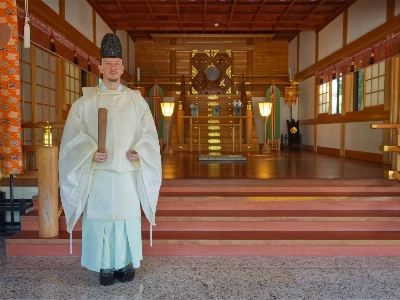As the annual pay talks between unions and management effectively get underway, it is looking increasingly likely that wage hikes at major firms this spring will be smaller than last year thanks to growing uncertainty over global demand and the course of Japan's economy. What should get greater attention is how broad-based wage increases will be across the nation, including small and medium-size businesses and among the growing ranks of irregular workers.
The administration of Prime Minister Shinzo Abe remains on the offensive, maintaining its pressure on businesses to turn more of their increased profits into higher wages, in the hope that increases in workers' income will boost consumer spending and energize the economy, which remains a mixed picture as Abe's trademark economic policies enter their fourth year. Personal consumption, which accounts for 60 percent of Japan's gross domestic product, has yet to bounce back from the blow it suffered from the April 2014 consumption tax hike.
Business leaders have been going along with the calls of the administration, which pursues policies friendly to them, such as corporate tax cuts, but they also note that corporate profits are uneven and the ability to raise wages differs between companies and industries. And the labor unions are more subdued this year in their demands, with the union at Toyota Motor Corp. calling for half of what it had demanded last year.


















With your current subscription plan you can comment on stories. However, before writing your first comment, please create a display name in the Profile section of your subscriber account page.